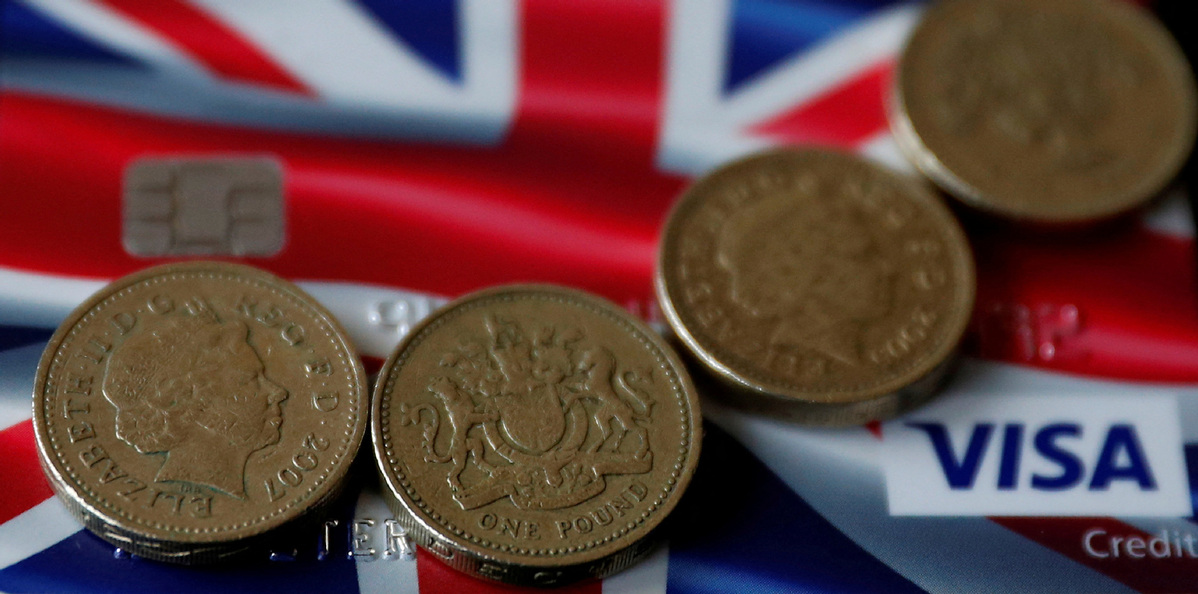UK pound hits record low against US dollar


Markets spooked by aggressive tax cuts that analysts fear could stoke inflation
The value of the United Kingdom's pound slumped to an all-time low against the United States' dollar on Monday, after markets reacted with horror to unexpectedly aggressive British tax cuts that critics fear will fuel raging inflation.
Chancellor of the Exchequer Kwasi Kwarteng's 45 billion pounds ($48.3 billion) of tax cuts unveiled on Friday, the largest the UK has seen for 50 years, consigned the pound to slump 4 percent, to $1.03, in early trading on Asia's money markets.
The weak pound will immediately impact imports of commodities paid for in US dollars, including oil and gas, which have already risen to record highs recently because of scarcity caused by the Russia-Ukraine conflict, which is fueling a cost-of-living crisis in the UK.
Rachel Reeves, the opposition Labour Party's shadow chancellor, said the tax cuts were exactly what the nation did not need.
"It is incredibly concerning," she said on Radio 4's Today program. "I think many people had hoped, over the weekend, things would calm down but I do think the chancellor fanned the flames on Sunday in suggesting there may be more stimulus, more unfunded tax cuts, which has resulted overnight in the pound falling to an all-time low against the dollar."
She said the prospect of having to pay for the tax cuts through additional national borrowing only made a bad situation worse and added that Kwarteng was effectively "gambling all of our money".
The Bank of England, which raised interest rates on Thursday in a bid to cool inflation, may now have to make additional imminent hikes to try to counter the chancellor's move, experts warned.
Economist Mohamed El-Erian, who is an adviser to investment giant Allianz, told the BBC: "If I were the governor (of the Bank of England) and the chancellor is not modifying his plan, I would increase interest rates … and not by a little ... by one full percentage point, to try and stabilize the situation."
The Bloomberg business news service said money markets are now braced for the central bank to raise rates to almost 4 percent, from today's 2.25 percent, before November. It said the rate could hit 6 percent by next summer.
Kwarteng, meanwhile, has defended his tax cuts, saying they are the best way to put money in people's pockets and get the economy moving again before it slips into recession.
But the cuts, while roundly criticized by opposition parties, have even proved far from universally popular among lawmakers within the ruling Conservative Party.
Chloe Smith, the nation's work and pensions secretary, refused to defend them when interviewed by Sky News on Monday, saying: "I am not going to be able to comment on particular market movements and there are various factors that always go into those."

































